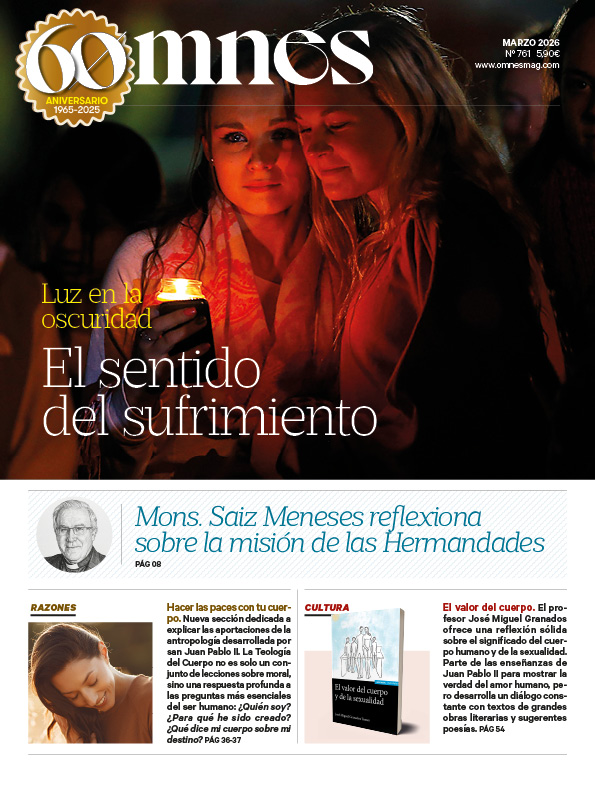In recent years we have seen accusations of sectarian behavior within the institutions of the Church. Without going into whether the facts reported are true or not, my concern goes in another direction: the need for canonical investigations to be serious, transparent and respectful of the rights of all those involved. In other words, if the Church wants to give a credible response to society and, above all, to the faithful themselves, it must guarantee processes in which not only the accusers are heard, but also those who offer a different account of the facts.
The accusations are always alarming. But it is worth asking: do they really correspond to an institutional pattern or rather to specific cases? To what extent are some of these practices, today questioned, part of spiritual traditions that are not always easy to understand from outside the Church? Suffice it to recall what happened with the most successful retreats in Spain, accused of emotional manipulation, when in fact they are widely known for their spiritual fruits and, to date, have not been censured by the Spanish bishops. Can we conclude then that the Church hierarchy is neglecting its functions, or rather that the hasty judgment of some observers is not entirely balanced?
It is possible that certain spiritual exercises or ecclesial institutions need adjustments, I do not deny that, but that should not prevent abuses from being corrected and structures from being strengthened without completely suppressing them. If one thinks of the institutions for the laity that have had the most followers for decades, one will discover that there have also been these kinds of denunciations and, to a great extent, they are adapting their practices to a greater promotion of interior freedom. The easy thing to do is to suppress them and thus get rid of the problem at its root, but one wonders if part of the problem has been that the Church has not issued clear and concrete episcopal documents and statements to explain to the faithful what is worrying and what is not.
Moreover, the problem is not limited to the suspicion of abusive practices. Even more serious is the way in which certain canonical processes are being instructed. In recent years we have seen worrying resolutions both in Spain and in the Vatican: instructions and investigations that do not conclude in a public trial, without the right of defense, without lawyers who can contradict the accusations or provide testimonies to the contrary. And, in more than a few cases, with the most drastic consequence of all: the suppression of institutions that have borne abundant spiritual fruit.
In any case, if an institution is to be suppressed, so be it, but after a fair and transparent process, among other things to help the faithful and prelates around the world to see how and why this should be done.
The temptation to resort to the fast track-closing an institution, dissolving an association, removing an inconvenient figure-may seem like an immediate solution, but it is profoundly unjust if a guarantor process has not been followed. For if we were to apply the same logic to the life of the Church at large, what would be left standing? The vow of obedience has often facilitated abuses of power and conscience in multiple contexts: should it be abolished and institutions where abuses have occurred be closed?
Sometimes there are also seminarians who report abuses of power and conscience within the seminary, but that does not mean that the seminary is closed or the bishops are changed. Things are trying to be redirected without extinguishing all the good that exists. There are very positive experiences in many dioceses and in important institutions of the Church.
The Church must find a balance between recognizing and repairing the real damages that may have occurred, but also safeguarding institutions that have proven to give life and faith to thousands of people. To do otherwise would be to fall into the dynamics of media scandal, where the pressure of the headlines dictates sentences faster than justice, and where, in the end, we all - faithful and pastors - lose out.
Editor of Omnes. Previously, he has been a contributor to various media and a high school philosophy teacher for 18 years.








